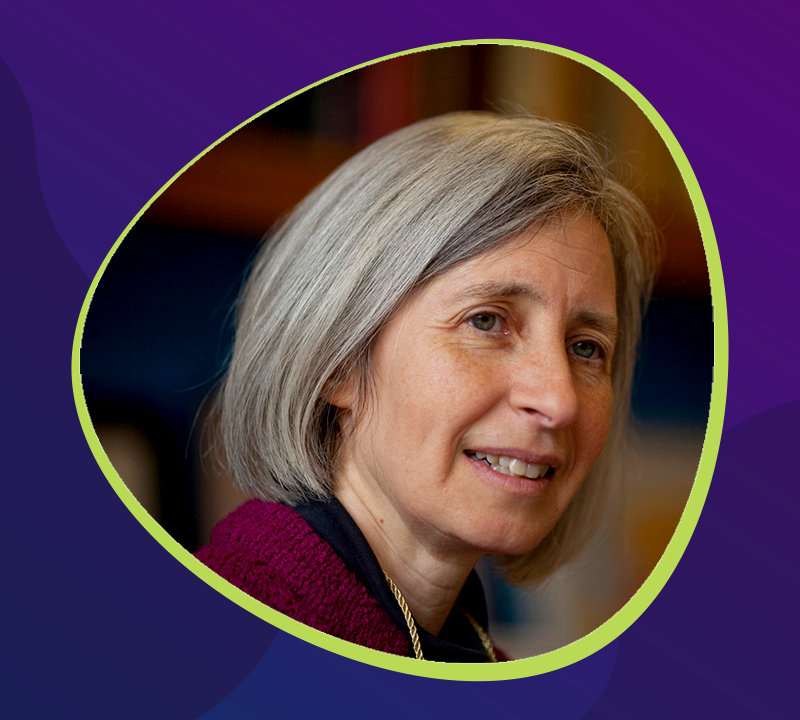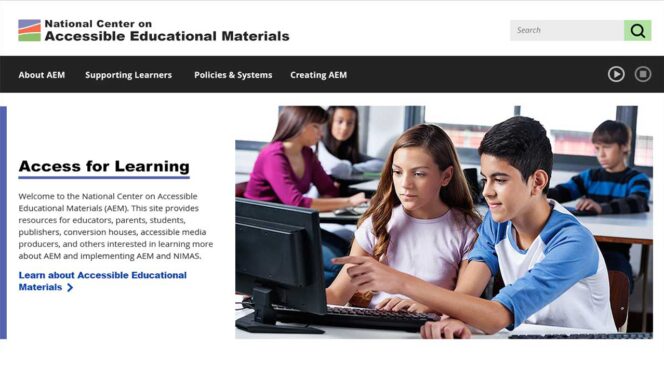Memorable Experience(s) with CAST:
As Congress amended the law governing education for students with disabilities in 1997 to require access to the general curriculum, David Rose approached me, aware of my work on education for children with disabilities. He introduced me to Universal Design for Learning and Bobby, the tool to assess website accessibility. When he asked if I would become involved with efforts he had launched to open educational opportunities for all kinds of learners, I eagerly accepted.
That initial exploration, growing from work underway at CAST, led to the proposal to the federal Department of Education when it asked for proposals to establish a federally funded National Center on Accessing the General Curriculum. My title was Policy Director, and with David, Anne Meyer, and Skip Stahl, we embarked on a journey of discovery, innovation, advocacy, negotiation, and policy change.
Initially, I thought my job would be to interpret and apply the laws governing access to the curriculum. However, I quickly learned the greater importance of copyright laws, contracts with major textbook publishers, business models for learning materials, and negotiation among disability and education advocates. We hired lawyer Erica Perl (now a successful children’s book author), recruited help from colleagues at the Berkman-Klein Center and Harvard Law School students, and with the CAST team, we studied promising uses of technology in classrooms and investigated state laws affecting digital texts’ accessibility.
Congress authorized the creation of a national panel where we worked to articulate a standardized file format, ensuring accessibility and universal design. To our surprise, what began as a hope for a voluntary industry standard became federal law, the backbone of a national clearinghouse of digital files, and an escalation of universal design principles in K-12 education. I was delighted when my daughter’s work, Mira Singer, as an intern at CAST, produced an accessible, animated work that illustrated the concept of universal design in Tortoise and the Hare.
What Does CAST Mean to You?
In the years since our partnership, including during the COVID-19 pandemic, CAST was an immediate source of guidance and inspiration. As a law professor and law school dean, I have often drawn on lessons from working with CAST: use every tool available when trying to solve a problem, collaborate across disciplines and generations, design physical and virtual spaces to work well for everyone–which means no one-size-fits-all, and imagine a better world.
How has CAST Changed Over the Years?
CAST has expanded from schools to workplaces and beyond, it is grown in size, ambition, and impact.
What Are You Most Excited About CAST Celebrating its 40th Anniversary?
I am confident that CAST will continue to exemplify these values in pioneering ideas and practices for learning and human thriving in the years ahead.
Sharing CAST Stories
At CAST, our UDL champions have played a vital role in shaping our journey, and now it’s time to shine a spotlight on their invaluable contributions.

